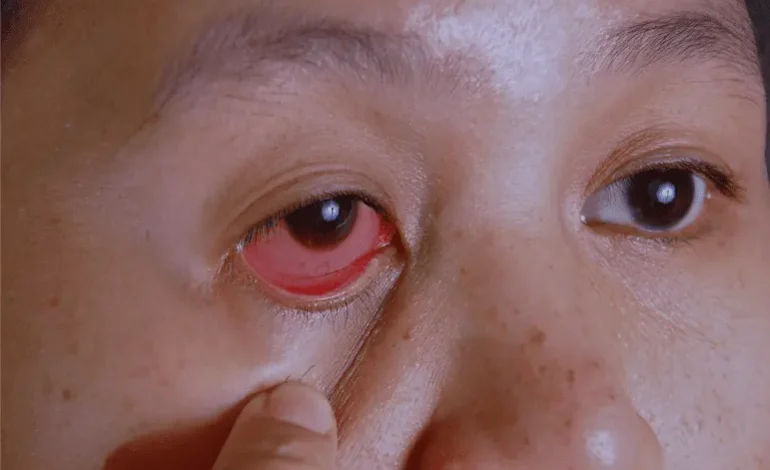
Eye Flu Prevention in Winter Season : Tips for Healthy Eyes
Eye flu, also known as conjunctivitis, is a common eye infection that can be caused by bacteria or viruses. It is especially common during the winter season in the USA, when people are more likely to be indoors and in close contact with others.
Eye flu is a highly contagious infection that can spread easily through contact with infected people or surfaces. The most common symptoms of eye flu include:
- Redness and swelling of the eyes
- Itchy eyes
- Watery eyes
- Discharge from the eyes
- Gritty feeling in the eyes
- Blurred vision
- Sensitivity to light
If you have any of these symptoms, it is important to see a doctor to get a diagnosis and treatment. In most cases, eye flu is mild and goes away on its own within a week or two. However, in some cases, eye flu can be more serious and require treatment with antibiotics or antiviral medications.
How to prevent eye flu
There are a number of things you can do to prevent eye flu, including:
Wash your hands frequently
This is one of the best ways to prevent the spread of germs, including the germs that cause eye flu. Use soap and water to wash your hands for at least 20 seconds, especially after using the bathroom, blowing your nose, or coughing.
Avoid touching your eyes.
Rubbing your eyes can introduce germs into your eyes and increase your risk of infection. If you need to touch your eyes, make sure to wash your hands first.
Clean and disinfect surfaces regularly.
This includes surfaces that are frequently touched, such as doorknobs, countertops, and light switches. You can use a household disinfectant to clean and disinfect surfaces.
Stay away from people who are sick.
Eye flu is contagious, so it is important to avoid people who are sick with the infection. If you must be around someone who is sick, try to avoid close contact and wash your hands frequently.
- Get a flu shot. The flu shot can help to protect you from the flu virus, which can also cause eye flu. The flu shot is recommended for everyone over the age of 6 months.
What to do if you get eye flu
If you do get eye flu, there are a few things you can do to relieve your symptoms and prevent the infection from spreading:
Apply a cold compress to your eyes.
This can help to reduce swelling and discomfort.
Use artificial tears.
Artificial tears can help to lubricate your eyes and relieve dryness and irritation.
Get plenty of rest.
This will help your body to fight off the infection.
Avoid wearing contact lenses.
Contact lenses can irritate your eyes and make the infection worse.
See a doctor if your symptoms are severe or do not improve after a few days.
Additional tips for preventing eye flu
Avoid sharing eye makeup or other personal items with others.
Replace your contact lenses regularly.
Clean your contact lenses case regularly.
If you wear glasses, clean your glasses regularly.
If you have any eye problems, see an eye doctor regularly.
Conclusion
Eye flu is a common eye infection that can be easily prevented. By following the tips above, you can help to protect yourself from eye flu and stay healthy during the winter season.



